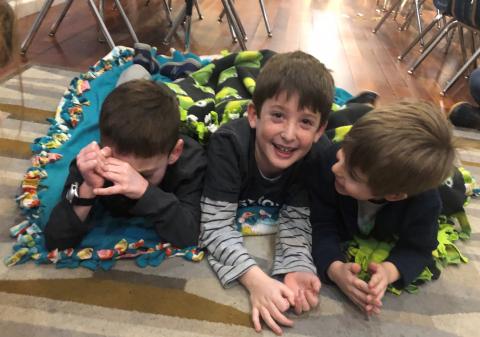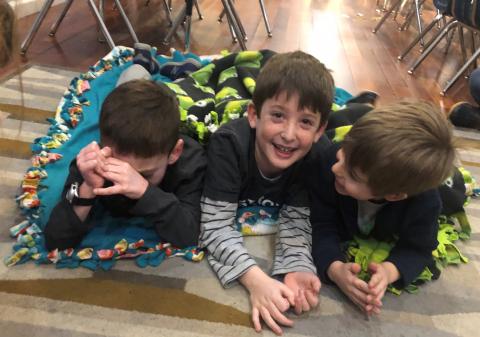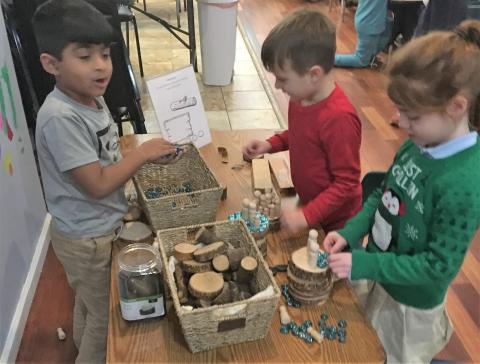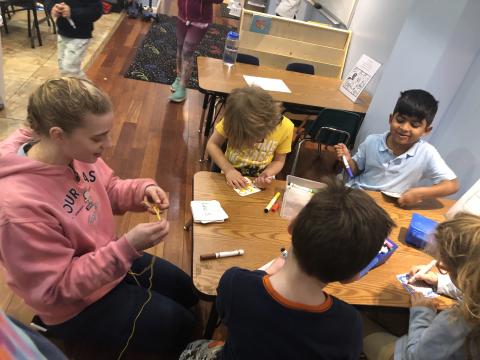
Have you ever desperately wanted something that you couldn’t have? What was that like? What did you do about it? What kind of support would you have wanted in that moment? This unit, we’re examining stories about the avot and imahot (patriarchs and matriarchs), with an eye to moments of tefilah (prayerful conversation) that these characters have. One such moment that comes up repeatedly is around the issue of fertility and having children. Both imahot that we’ve met so far, Sarah and Rivkah, struggle to become pregnant (Genesis 18:10-12, 25:19-21). Here are some of the conversations we’ve had about their experiences.
When Sarah hears that she’s 90 years old and going to have a baby, she laughs. We reflected on the range of feelings and situations that might lead to laughter. People laugh when something is:
- Silly
- Funny
- Awkward
- Uncomfortable
- Embarrassing
- Scary (we want to avoid it)
- Surprising
- Nonsensical or confusing
- Shocking or unbelievable
- Joyful

We also thought a little bit about how those feelings might be connected to wanting something that you can’t have. What does it feel like to really want something that you can’t have?
- Really bad to want the thing and not get it
- Mad and nervous
- Worried and scared that I wouldn’t be able to get the thing ever
- Sad to not have the thing

In the case of Rivkah, her husband Yitzchak is the one to actually do something about their fertility difficulties. He has a tefilah with God on her behalf, asking for help. Why is Yitzchak the one who had a conversation/tefilah with God?
- Yitzchak wanted the child REALLY badly.
- Maybe Rivkah wasn’t so sure she wanted a kid.
- She couldn’t. She’s not a prophet.
- Maybe God would get mad if Rivkah had gone to God.
- Rivkah had access to God through her husband. She could ask him to talk to God.
- She thought that having babies wasn’t a thing to ask God for or a thing that God could control.
- Yitzchak didn’t want Rivkah to know he was asking on her behalf. He didn’t want her to get embarrassed.
Yitzchak reaches out to God to alleviate a difficult situation both for himself as well as for Rivkah. Why might you want someone to say a tefilah for you?
- If I want something that I’m having trouble getting.
- If someone is being really mean to me
- If someone curses me
What about you—why might you want someone to say a tefilah for you? And also, what are the moments when you can notice someone else’s situation and say a tefilah on their behalf? I encourage you to think with your kiddos about the power tefilah can have to affect change in the world. Stay tuned for more conversations on how tefilah manifests in our lives coming up after winter break!

